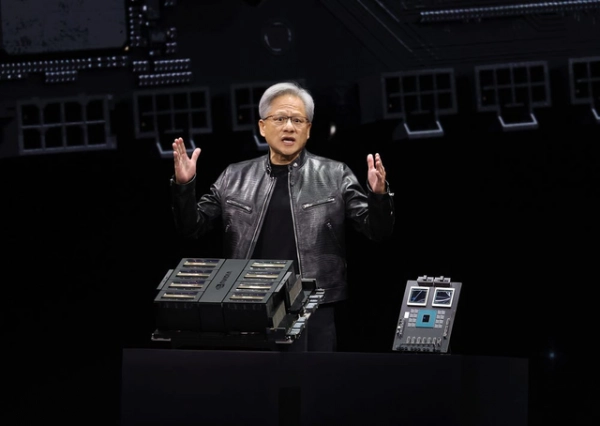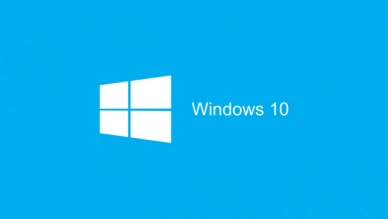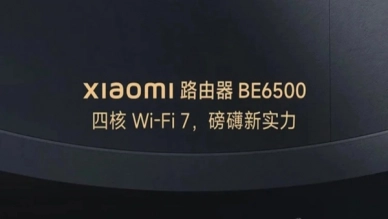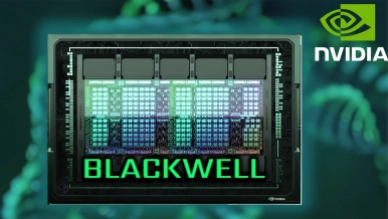Nvidia: From the Pinnacle of AI to the Challenge of Keeping Promises
In recent years, Nvidia has become synonymous with breakthroughs in the field of artificial intelligence (AI), thanks to its powerful graphics processing units (GPUs) used to train large AI models. Nvidia's CEO, Jensen Huang, once set an ambitious goal: to release a new generation of AI chips every year. However, this ambition is facing unprecedented challenges as news of the delay in launching the next-generation Blackwell chips comes to light.
The AI chip market has witnessed Nvidia's dominance, with powerful products favored by tech giants like Meta, Microsoft, and Google. However, the ambition to maintain this position by releasing a new generation of AI chips every year, as envisioned by CEO Jensen Huang, is now being tested.

According to multiple sources, the Blackwell chip line, Nvidia's next "ace," will be delayed by 2 to 3 months from the original schedule. Initially, Blackwell was expected to launch this fall, but it may now be delayed until the first quarter of next year. The delay is believed to be due to Blackwell's complex design, which requires an extremely precise manufacturing process that Nvidia's manufacturing partner, Taiwan Semiconductor Manufacturing Company (TSMC), is struggling to meet on time.
In a report to investors, experts at Semianalysis stated that Nvidia is facing "major issues in achieving large-scale production," and in some cases, they may have to supply customers with Hopper chips—the current generation of AI chips—instead of Blackwell.
This will likely affect smaller cloud computing companies, which rely heavily on Nvidia chips to develop their businesses. Despite this, Bernstein analysts remain optimistic about Nvidia's prospects. They believe that demand for the company's products is still high, and signals from major customers like Meta, Microsoft, and Amazon are very positive.
The promise of launching a new generation of AI chips each year was made by CEO Jensen Huang during Nvidia's first-quarter earnings call in May. He asserted, "After Blackwell, there will be another chip, and we are on a one-year cycle." Each new generation of AI chips promises significant advances in computational capabilities, speed, and efficiency, enabling faster information processing and the development of larger AI models.
For cloud service providers, Nvidia's major customers, a one-year product lifecycle also offers the opportunity to tier their services, creating higher thresholds for elite AI computational capabilities while building on older chip platforms to provide more affordable services.
Analysts also noted that continuous innovation helps Nvidia create a significant gap from competitors like AMD and Cerebras. However, the delay in launching Blackwell could impact Nvidia's image and position in the AI chip race. Currently, Nvidia has not commented on whether this information will affect its annual new product launch plans. The company representative only stated that demand for Hopper chips remains strong, some Blackwell shipments have already begun reaching customers, and production will continue to ramp up in the second half of this year.
The delay in launching Blackwell serves as a wake-up call for Nvidia. To maintain its lead in the AI chip race, Nvidia must quickly find solutions to address the issues it faces, while also increasing investment in research and development. At the same time, competitors are relentlessly striving to close the gap, making the race more intense than ever.
Submit feedback
Your email address will not be made public. Fields marked are required *
Search
Trend
-
What is Black Myth: Wukong? Detailed Guide on System Requirements and Gameplay
08-21-2024 . 1k view
-
The simplest and fastest way to log into the Chinese TikTok, Douyin.
01-10-2022 . 1k view
-
Blog sites that will accept AI generated content
07-26-2024 . 1k view
-
Call of Duty: Black Ops 6 - Intense, Mysterious, and Surprising Warfare
09-02-2024 . 1k view
-
The "End of Life" for Windows 10: A Massive E-Waste Threat and Sustainable Solutions
08-18-2024 . 951 view











0 feedback